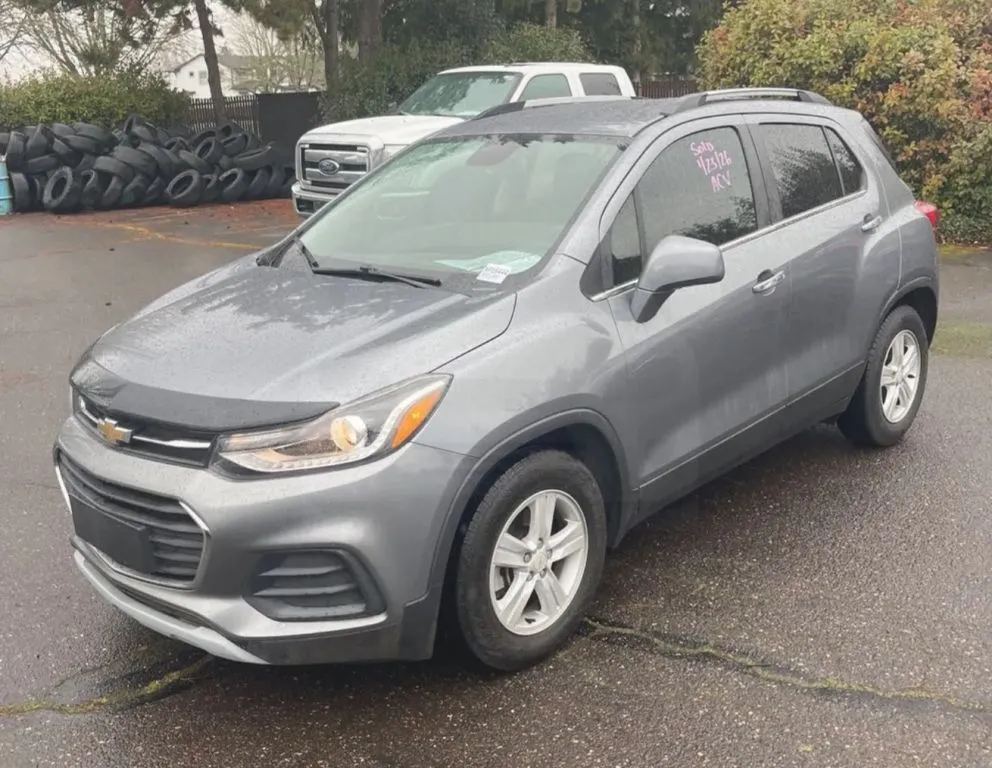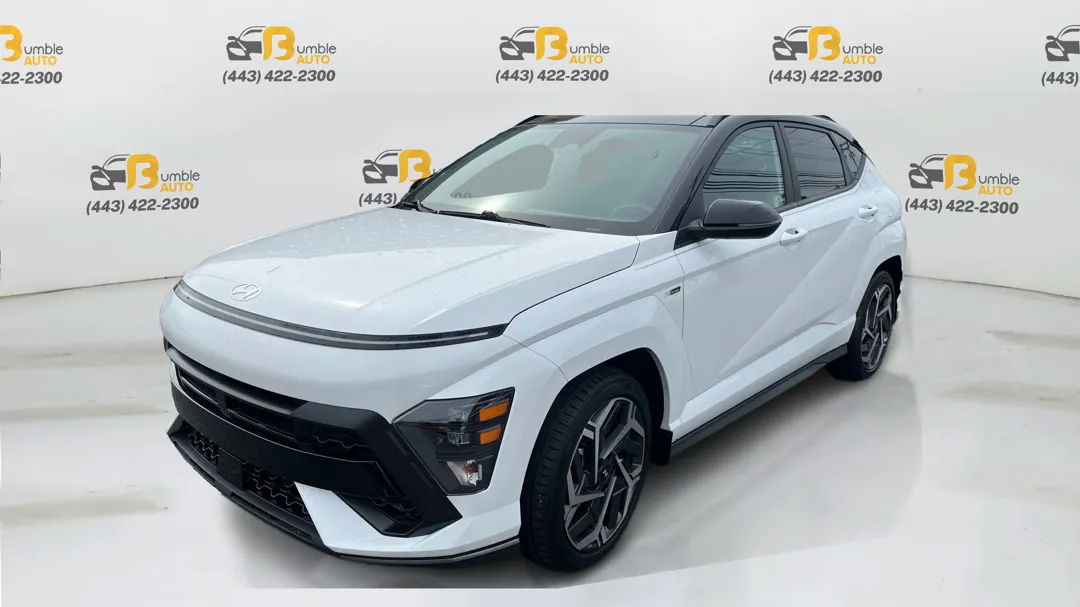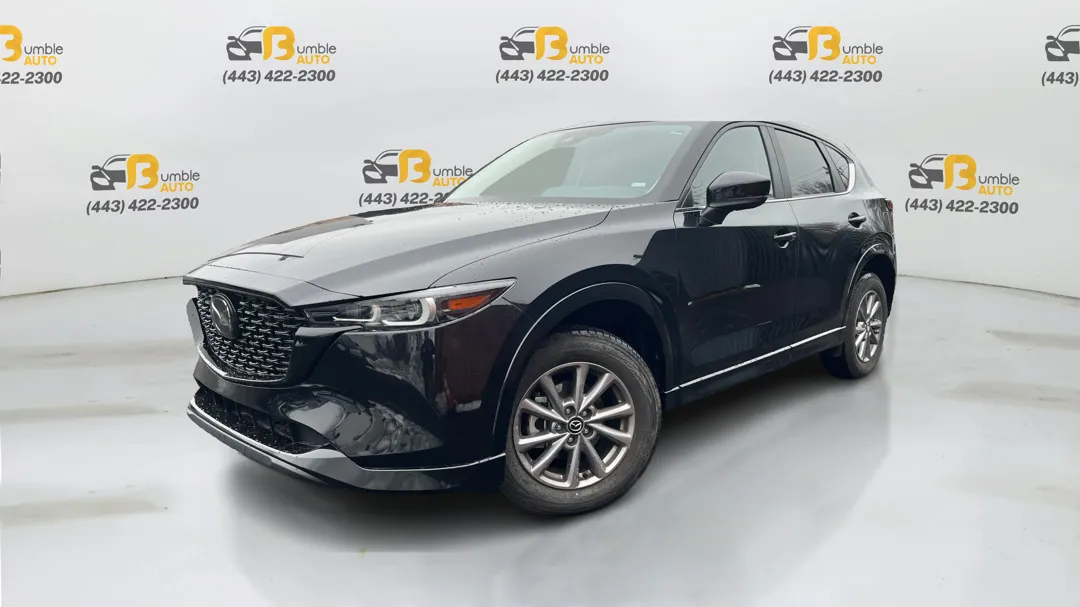Smooth Rides Ahead: Tips for Driving Anxiety
Table of Contents
- Smooth Rides Ahead: Tips for Driving Anxiety
- Why am I so Nervous before Driving?
- Is It Normal to Fear Driving?
- Overcoming Driving Anxiety: Practical Tips
- Practice Mindfulness
- Take a Driver Training Course
- Start Small
- Use Relaxation Techniques
- Create a Calm Environment
- Drive at Less Busy Times
- Get Plenty of Sleep
- Are Automatic Cars Better for Nervous Drivers?
- Conclusion
Smooth Rides Ahead: Tips for Driving Anxiety

Are you a new driver experiencing anxiety behind the wheel? Or perhaps you've been driving for a while but still find yourself feeling uneasy on the road. Driving anxiety is a common issue that can affect individuals of all experience levels. The good news is that there are strategies and techniques you can employ to help overcome these feelings and make your journeys more enjoyable. In this blog post, we will explore effective tips and practices to alleviate driving anxiety. Whether you're a beginner or someone seeking to boost your confidence on the road, these driving tips for beginners will prove invaluable. So let's dive in and discover how you can navigate the world of driving with ease and tranquility.
Why am I so Nervous before Driving?

Imagine this: you're about to embark on a journey in your sleek European car. The engine purrs like a contented cat, the leather seats cradle you in comfort, and the open road beckons. But instead of feeling a sense of excitement, your heart is pounding like a drum. You're not alone. Many people experience driving anxiety, a condition that can transform the simple act of driving into a nerve-wracking ordeal. But it doesn't have to be this way.
Driving, especially in high-performance vehicles like Mercedes Benz or BMW, can be an exhilarating experience. The power, the speed, the sense of control - it's a thrill that many people relish. But for some, the thought of getting behind the wheel can trigger feelings of anxiety. This anxiety can stem from various sources. Maybe you've had a bad experience on the road in the past, such as a car accident or a close call. Perhaps you're intimidated by the size and power of your vehicle, or the thought of navigating through traffic fills you with dread. Or maybe you're worried about the potential consequences of making a mistake on the road, especially during a test drive. To ensure you make the most of your driving experience, it's essential to be aware of the mistakes to avoid during a test drive . By understanding what to watch out for, you can approach your test drive with confidence and make informed decisions. Let's explore some key mistakes you should steer clear of, allowing you to make the most out of your high-performance vehicle and enjoy the road ahead.
Is It Normal to Fear Driving?
Absolutely. Driving anxiety is more common than you might think. It's perfectly normal to feel a bit nervous, especially when you're alone driving anxiety or at night driving anxiety. But when this anxiety starts to interfere with your ability to drive, it's time to take action. Whether you're a beginner or an experienced driver, equipping yourself with effective strategies can help alleviate these anxious feelings. One particular situation that can trigger driving anxiety is navigating through challenging winter conditions. To ensure your safety and confidence on the road during the colder months, it's crucial to be well-prepared and knowledgeable about winter driving tips . By implementing these tips, you can overcome the fear associated with winter driving and navigate the icy roads with ease. Let's delve into some valuable advice that will empower you to conquer winter driving anxiety and embrace the snowy season with confidence.
Overcoming Driving Anxiety: Practical Tips
Overcoming driving anxiety might seem like a daunting task, but with the right approach, it's entirely possible. Here are seven practical tips for driving anxiety:
Practice Mindfulness

Mindfulness involves focusing on the present moment without judgment. When you're driving, try to concentrate on the physical act of driving rather than letting your mind wander to anxious thoughts. Feel the steering wheel under your hands, listen to the sound of the engine, watch the road ahead. By staying present, you can prevent your mind from spiraling into anxiety.
Take a Driver Training Course

Driver training to get driving tips for nervous drivers can be incredibly beneficial. These courses are designed to boost your confidence and improve your driving skills. They can provide you with practical strategies to handle challenging driving situations, helping you feel more secure and in control on the road.
Start Small

If you're anxious about driving, don't throw yourself into the deep end. Start with short, easy drives and gradually increase the distance and complexity as your confidence grows. Maybe start by driving around your neighborhood, then progress to busier streets, and eventually highways.
Use Relaxation Techniques

Techniques such as deep breathing or progressive muscle relaxation can help reduce symptoms of anxiety, including those experienced while driving. Deep breathing involves taking slow, deep breaths, which can help calm your nervous system. Progressive muscle relaxation involves tensing and then relaxing each muscle group in your body, which can help you relax and reduce anxiety.
Create a Calm Environment

Make your car a calming space. Listen to soothing music, keep the car clean and clutter-free, and make sure the temperature is comfortable. You could even add a familiar scent that makes you feel relaxed, like a lavender air freshener. The more comfortable and relaxed you are in your car, the less likely you are to feel anxious.
Drive at Less Busy Times

If possible, try to avoid driving during peak traffic times. Less traffic means less stress. Start by driving during quieter times of the day, like early morning or late evening. As your confidence grows, you can gradually start driving during busier times.
Get Plenty of Sleep

Lack of sleep can exacerbate anxiety. Make sure you're well-rested before you get behind the wheel. Not only will this help reduce anxiety, but it will also ensure that you're alert and focused, which is crucial for safe driving.
Are Automatic Cars Better for Nervous Drivers?

Automatic cars can indeed be a good choice for nervous drivers. They're generally easier to operate than manual cars, allowing you to focus more on the road and less on shifting gears.
Automatic cars take care of gear changes for you, allowing you to keep both hands on the wheel and your attention on the road. This can be particularly beneficial if you're a nervous driver, as it's one less thing to worry about. Plus, many automatic cars also come with advanced safety features, such as automatic emergency braking and lane-keeping assist, which can provide an extra layer of security and peace of mind.
However, the best car for you ultimately depends on your personal comfort and preference. Some people find that driving a manual car gives them a greater sense of control, which can help reduce anxiety. It's important to choose a car that you feel comfortable and confident driving.
Conclusion
Driving anxiety can be a significant hurdle, but with these tips for driving anxiety, you're well on your way to overcoming it. Remember, it's okay to feel nervous, and it's okay to seek help. Whether it's through driver training for nervous drivers, practicing mindfulness, or creating a calm environment in your car, there are many strategies to help you navigate the road ahead with confidence and ease.
And if you're in the market for a new car, consider one that's automatic. They're often easier to handle, which can help reduce driving anxiety. And speaking of new cars, have you seen the latest European models? They're not just luxurious; they're designed with the driver's comfort and ease in mind. For instance, the latest models from Mercedes Benz and BMW are not only aesthetically pleasing but also come with advanced safety features and driver-assist technologies that can help alleviate driving anxiety.
As a beginner or someone who experiences driving anxiety, these features can provide an extra layer of comfort and security. So, if you're considering a new car, why not check out our guide on the best car models for women for some inspiration?
Remember, the journey to overcoming driving anxiety is a marathon, not a sprint. Take it one step at a time, and soon, you'll find yourself enjoying those smooth rides ahead.
Now that you're equipped with these practical tips for driving anxiety, it's time to put them into action. And remember, if you're in the market for a new car, don't forget to check out our guide on the Best car models for women. It's packed with useful information to help you make an informed decision. Happy driving!










